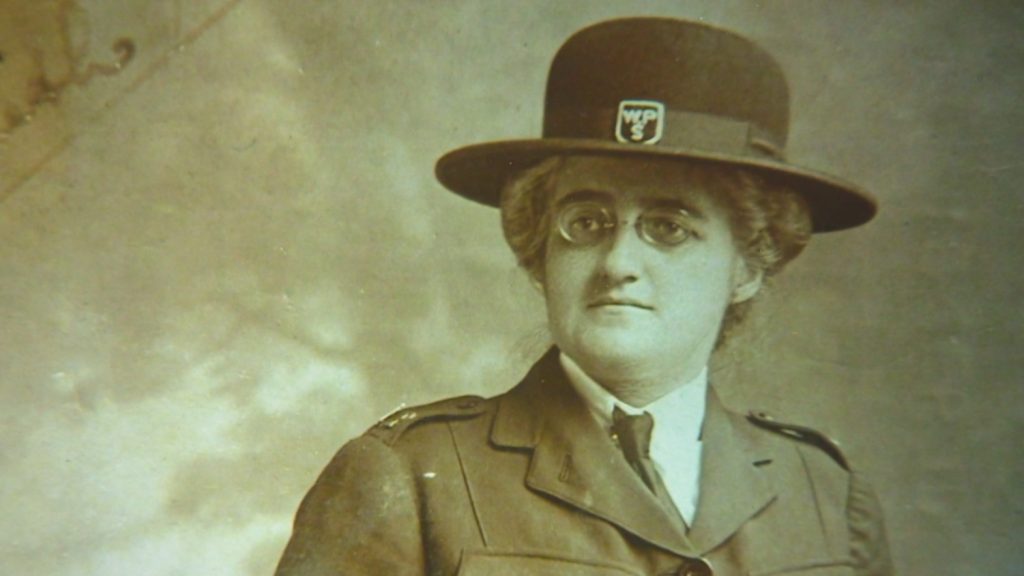Edith Smith, a trailblazing figure in British law enforcement, is celebrated as the first female police officer in the United Kingdom with full powers of arrest. Her pioneering work paved the way for women in policing and has left a lasting legacy in the field of law enforcement.
Early Life and Career
Edith Smith was born on November 21, 1876, in Oxton, Birkenhead, Cheshire. Before her groundbreaking career in policing, Smith worked as a nurse, which provided her with a strong foundation in public service and care. This background in nursing would later prove invaluable in her policing role, as she often dealt with vulnerable populations.
Entry into Policing
The outbreak of World War I in 1914 brought significant social changes, including the mobilization of women into roles traditionally held by men. With many men away fighting, there was a need for women to take on roles in various sectors, including policing. Edith Smith joined the newly formed Women’s Police Service (WPS), an organization that recruited women to help maintain public order during the war.
Appointment in Grantham
In August 1915, Edith Smith was appointed as a police constable in Grantham, Lincolnshire. This appointment was historically significant because she was granted full powers of arrest, making her the first woman in the UK to hold such authority. Her role was initially focused on addressing issues related to the welfare of women and children, particularly those affected by the social upheavals of the war.
Duties and Impact
Smith’s responsibilities included patrolling the streets, managing cases of child neglect and abuse, dealing with cases involving women, and addressing public health concerns. Her nursing background equipped her to handle these duties with compassion and professionalism. She worked tirelessly to improve the welfare of women and children, often dealing with complex and sensitive cases that required a delicate touch.
One of her notable contributions was her work in addressing the issue of prostitution in Grantham, which had become a concern due to the influx of soldiers stationed in the area. Smith’s efforts in this regard were aimed at protecting vulnerable women from exploitation and ensuring public order.
Challenges and Legacy
Despite her significant contributions, Edith Smith faced considerable challenges, including resistance from those who were skeptical about women in policing roles. Nonetheless, she persevered and demonstrated the valuable contributions that women could make to law enforcement.
Tragically, Edith Smith’s career was cut short when she died on June 26, 1923, at the age of 46. Despite her relatively brief career, her impact was profound. She paved the way for future generations of women in policing, proving that they could perform the duties of law enforcement officers effectively and compassionately.
Commemoration
Edith Smith’s pioneering work is commemorated in Grantham and beyond. Her legacy is a testament to the progress made in gender equality in the workplace and the ongoing contributions of women to policing and public service. Her story is a source of inspiration, demonstrating the importance of perseverance, dedication, and compassion in the face of societal challenges.
Today, Edith Smith is remembered not only as a pioneering police officer but also as a symbol of the broader social changes that took place during World War I, changes that opened new opportunities for women and reshaped societal norms. Her contributions continue to be honored and serve as a reminder of the strides made towards equality and the vital role of women in all areas of public life.
